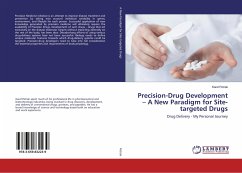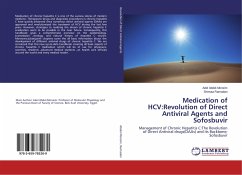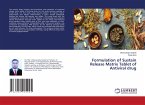It is said that one of the most important subjects for the wellness of human beings in this and coming centuries is the development of the way to win the battle against viruses. This book shows that the substrate selectivity of viral nucleic acid polymerases is different from that of human nucleic acid polymerases, and by taking the advantage of the differece, it is possible to develop anti-viral modified nucleosides that are selectively active to viruses and not toxic to human beings. Thus, you will find one very important way to win the battle in this book. As an example, you will realize the way how EFdA (which prevents the emergence of resistant HIV-mutants and is several orders of magnitude more active than the clinical anti-HIV drugs and very low toxic)was developed. Further, you will find the way how to get ideas for your research. Albert von Szent-Gyorgyi said "Discovery consists of seeing what everybody has seen and thinking what nobody has thougt", and Louis Pasteur said "Chance favors the prepared mind".
Bitte wählen Sie Ihr Anliegen aus.
Rechnungen
Retourenschein anfordern
Bestellstatus
Storno








